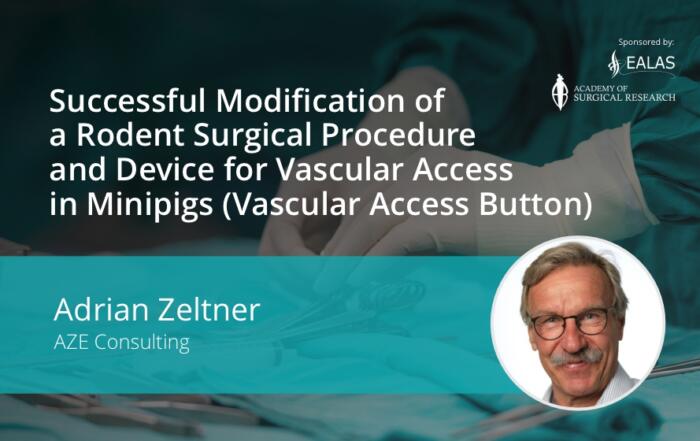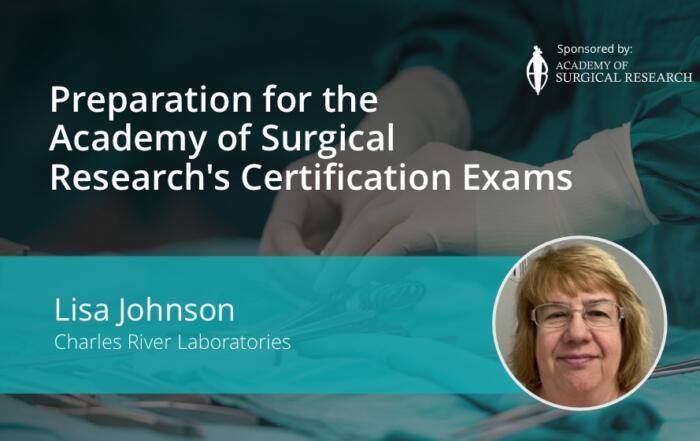Jon Ehrmann presents the use of vascular access buttons in rabbits as a solution to challenges in venipuncture, enhancing blood collection, and intravenous administration for pharmacokinetic studies.
Rabbits are commonly used for pharmacokinetic (PK) and toxicokinetic (TK) studies in the research setting, requiring repetitive venipuncture, which can be challenging in this species. The auricular vessels are commonly used for venipuncture in rabbits. The repetitive access of these delicate vessels can lead to trauma such as hematomas causing venipuncture to become more challenging as the study progresses. In turn, this leads to missed time points or insufficient blood samples.
Surgical models for chronic vascular access in rabbits are common throughout the industry. Common models include exteriorized vascular catheters and implanted vascular access ports. However, these implants come with their own complications and restrictions when used in rabbits. Therefore, the use of a vascular access button, an implant commonly used in small rodents, was initiated as a refinement to the current chronic models in use in the industry. The rabbits tolerate the buttons extremely well with minimal issues. The patency rate is equal to or better than vascular access ports and when used with the tethering system, provides a hands-off method for blood collection and intravenous administration in rabbits during PK studies.
Key Topics Include:
- Anesthetic and analgesic protocols for minor surgical procedures in rabbits
- The use of a rigid scope for tracheal intubation in rabbits
- The implantation of dual channel (arterial & venous) vascular access buttons (VAB) in rabbits
- Aseptic technique and maintenance of VABs for longterm patency
- The use of VABs for pharmacokinetic studies via a magnetic tethering device
Resources
Presenters
Senior Science & Technology Manager
Veterinary Sciences
Bristol Myers Squibb






